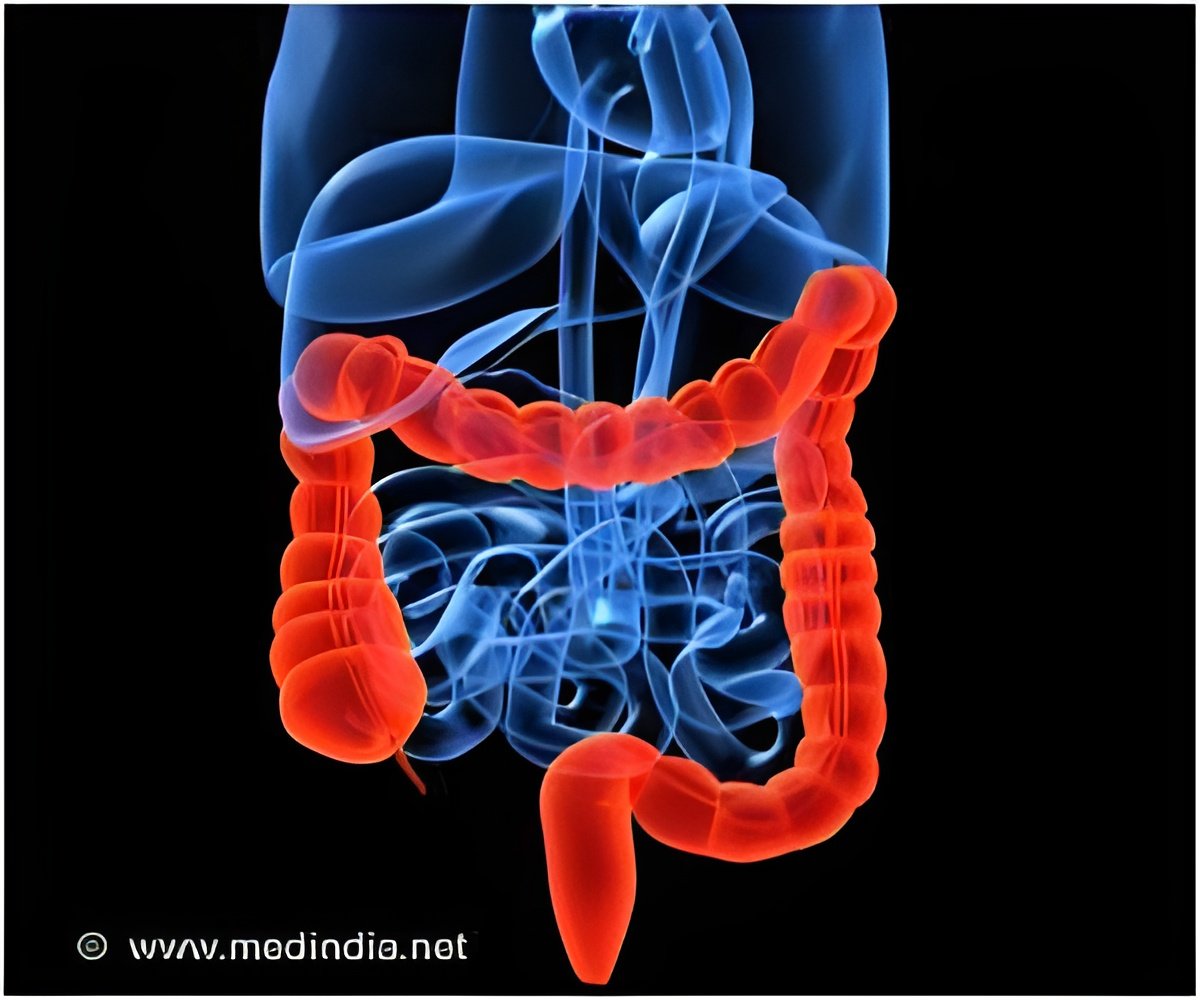Researchers in Lausanne, Switzerland claim that leaky intestines may cripple bacteria-fighting immune cells in patients.

Patients with a disease called common variable immunodeficiency (CVID) suffer from recurrent bacterial infections as a result of faulty immune cells. But despite these immune defects, CVID patients rarely contract viral infections. New data from Matthieu Perreau and colleagues in Lausanne now show that bacteria-fighting T cells in the blood of these patients showed signs of exhaustion (evident by their expression of an inhibitory protein called PD-1), but virus-fighting T cells were unscathed.
T cell exhaustion in the patients was associated with increased gut bacteria in the bloodstream, possibly due to the lack of protective antibodies that normally clear these wayward bugs. As a result, bacteria-specific T cells may be repetitively stimulated, a scenario known to trigger exhaustion. Indeed, the tired T cells from CVID patients could be rejuvenated by blocking PD-1. And in patients who received infusions of antibodies ("IVIG" therapy), often used to treat symptoms of CVID, PD-1 expression on T cells waned along with the levels of bacteria in the blood.
The data suggest that "immunotherapy" strategies aimed at perking up T cells—already in use in cancer patients—may protect CVID patients against recurrent bacterial infection.
Source-Eurekalert














